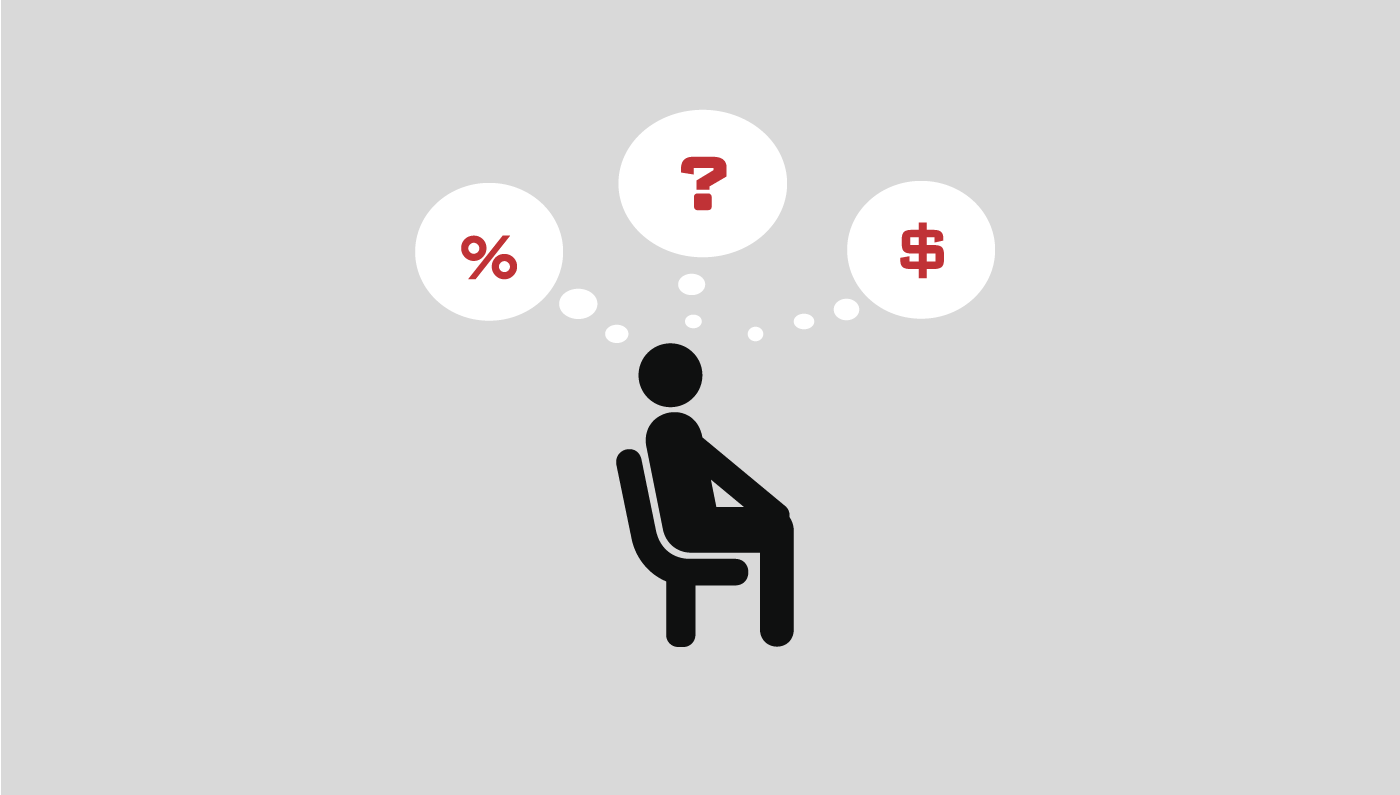I’m two months away from turning 21 years old, the official age of adulthood. A lot of thoughts are running through my head, mostly about what is going to happen after graduation.
One of the ‘perks’ that comes with adulthood is responsibilities, and no, I don’t mean contributing more of my time to do chores around the house. I’m talking about more serious topics like personal finances.
I, like many other millennials in the U.S., consider myself to be financially illiterate. We are unprepared for long-term financial planning, and quite frankly don’t even know where to begin. Budgets. Savings. Loans. Retirement planning. Stocks. Taxes. Credit cards. Debt. Checking account. These are just a few categories that we are oblivious to. Honestly, how many millennials do you know can identify the routing number on a check or understands what a deductible is?
Millennials are not alone in trying to navigate their way through personal finances. There are two groups of people in the U.S. who are equally as overwhelmed by money talk. Americans who are unbanked, or people who do not have a bank account, and underbanked, or people who have access to a bank account but still rely on alternative services to make ends meet, make up thirty percent of the U.S. population. A more detailed insight of these Americans uncovers that 8.8 million households are underbanked; twenty-eight percent of them do not have nor uses a checking account; nearly sixty-four percent are between the ages of twenty-five and fifty-four; and nearly fifty-nine percent supports a family.
The unbanked and underbanked have made a choice to avoid the hassle of traditional banking for a number of reasons. One of the biggest reasons is trust issues. The unbanked and underbanked are skeptical and intimidated about ‘doing business’ with financial institutions because they (1) feel marginalized and vulnerable, (2) are confused by financial lingo, and (3) are heavily influenced by the negative financial stereotypes associated with banks. An often overlooked feature is the fact that large numbers of unbanked and underbanked individuals live in communities that are bank deserts, meaning there is no bank in the immediate area for the residents.
So how do the unbanked and underbanked tackle their finances? Most of them rely on secondary services like check cashing services, which are offered by companies like Western Union, Walmart, and the USPS. Sadly, though, the unbanked and underbanked also utilize predatory services such as payday and auto title loans which lead to a cycle of debt. Check cashing services aren’t that great either considering that there are fees to pay.
On the bright side, the unbanked and underbanked have turned to a modern banking approach. Up-and-coming services like Square, PayPal, Venmo, and Moven are appealing to this market segment. These services are easy to use and accessible, most only a smartphone away (which the Federal Reserve found that 91 percent of underbanked Americans own). Many of these services specialize in distinct areas, which allows consumers to freely choose where to do their banking. For instance, PayPal serves as a mobile wallet and a prepaid card service. While mobile wallets have been slow to catch on (like Google’s and Apple’s), it is the prepaid card that has seen the most success. The benefits of the PayPal prepaid card, which launched in 2012, include the loading of funds through direct deposit and, when linked to a PayPal account, unlocks services such as online payback rewards, a savings account, account alerts and online budgeting tools. The one aspect, however, about this new era of banking that is most appealing to the unbanked and underbanked, and is a threat to traditional financial institutions, is community. P2P, or peer-to-peer, payments and banking is the way of the future, and companies such as Facebook are cashing in on this trend. As communication becomes increasingly social, mobile banking has begun to reflect the wants of consumers. Other financial areas like micro-lending, gifting, group purchasing, and casual merchandising are seeing a boost as a result of this new form of banking. This is an opportunity for banks. They should seriously start considering forming partnerships with small companies that are offering these types of services so that they may potentially attract the consumers that have tried to stay away from them.

